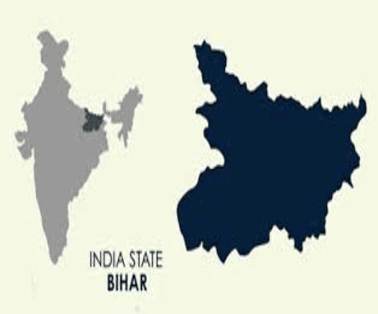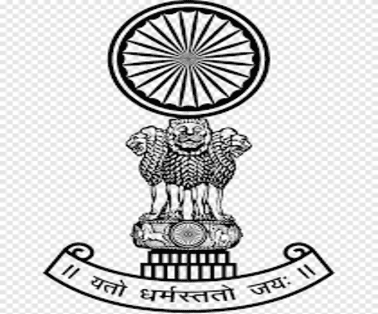The Bihar Cabinet has passed a resolution seeking the grant of Special Category Status (SCS) to Bihar.
Key Reasons Behind Bihar’s Special Category Status Demand
- The demand comes in the backdrop of the findings from the “Bihar Caste-based Survey, 2022”, which revealed that nearly one-third of Bihar’s population continues to live in poverty.
- Bihar faces significant economic challenges, including a lack of industrial development and limited investment opportunities.
- The bifurcation of the state resulted in the shifting of industries to Jharkhand, exacerbating the employment and economic growth issues in Bihar.
- The state grapples with natural calamities like floods in the northern region and severe droughts in the southern part.
- These recurring disasters disrupt agricultural activities, affecting livelihoods and economic stability.
- Infrastructure, especially in terms of irrigation facilities and water supply, remains inadequate.
- The absence of sufficient resources for irrigation impacts agricultural productivity, a primary source of livelihood for a large portion of the population.
- Bihar has a high poverty rate, with a significant number of families living below the poverty line.
- With a per-capita GDP of around Rs 54,000, Bihar has consistently been one of the poorest States. BIhar is home to around 94 lakh poor families and the granting of SCS will help the government get about RS 2.5 lakh crore required to fund various welfare measures over the next five years.
- Seeking SCS is also a means to secure substantial financial assistance from the central government, allowing Bihar to access funds required for development projects and addressing long-standing socio-economic challenges.
What is Special Category Status (SCS)?
- The special category status was introduced in 1969 on the recommendations of the Fifth Finance Commission
- It was introduced to benefit certain backward states having hilly terrains, strategic international borders, and economic and infrastructural backwardness.
- The status was to provide with preferential treatment in the form of central assistance and tax breaks, establishing special development boards, reservation in local government jobs, educational institutions, etc.
- Constitution does not make a provision for SCS and this classification
- Status was first accorded to Jammu and Kashmir, Assam and Nagaland in 1969.
Requirements for Special Category Status
To be able to get the status, states have to fulfil the following requirements: –
- They need to have hilly and difficult terrain
- They need to have low population density and /or a sizeable share of the tribal population
- They must be in a strategic location along borders with neighbouring countries
- They must be economically and infrastructurally backward
- They must have non-viable nature of state finances
States That Have Been Granted Special Category Status
Currently, eleven states in India have been granted SCS:
- Assam
- Nagaland
- Himachal Pradesh
- Manipur
- Meghalaya
- Sikkim
- Tripura
- Arunachal Pradesh
- Mizoram
- Uttarakhand
- Telangana
Who Grants Special Status To States?
- The decision to grant special category status lies with the National Development Council, composed of the prime minister, union ministers, chief ministers and members of the planning commission, who guide and review the work of the commission.
- Special category status for plan assistance has been granted in the past by the National Development Council (NDC) to some states that are characterized by a number of features necessitating special consideration.
Benefits States Confer With Special Category Status:
States which are granted special category status enjoy several benefits.
- The central government bears 90 percent of the state expenditure on all centrally-sponsored schemes and external aid while rest 10 percent is given as loan to state at zero percent rate of interest.
- Preferential treatment in getting central funds.
- Concession on excise duty to attract industries to the state.
- 30 percent of the Centre’s gross budget also goes to special category states.
- These states can avail the benefit of debt-swapping and debt relief schemes.
- States with special category status are exempted from customs duty, corporate tax, income tax and other taxes to attract investment.
- Special category states have the facility that if they have unspent money in a financial year; it does not lapse and gets carry forward for the next financial year.
To Download Monthly Current Affairs PDF Click here
Click here to get a free demo
Everything About CLAT 2026



